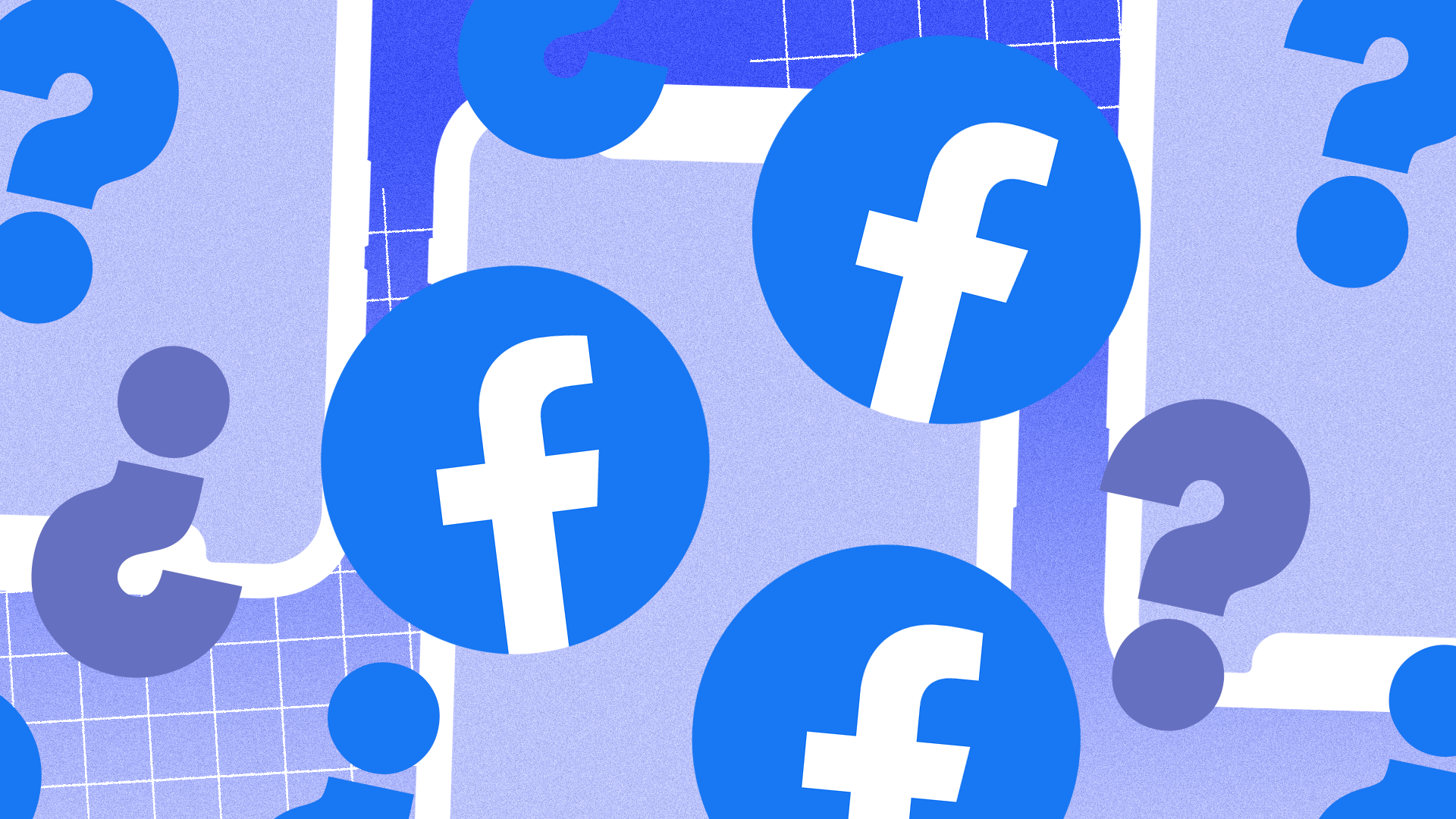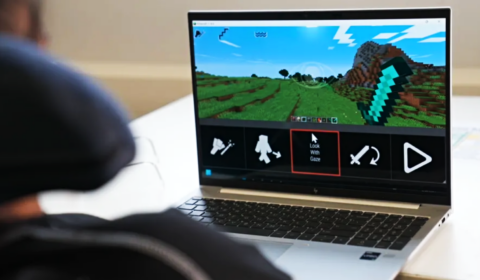Facebook has fallen out of favour with young consumers. Once seen as the defining social media platform, it is now associated with misinformation, privacy breaches, and older people. Is there any way back?
If you’re an older Gen Zers or younger Millennial, you may remember a time when Facebook was the place to be.
In the late noughties and early tens, Zuckerberg’s social media unicorn was the spearhead for a cultural surge in online media. Thanks to sites such as Facebook, YouTube, and Instagram, the internet was reimagined as a place for everyone, especially young people.
During this period, all three platforms enjoyed an unprecedented level of growth and widespread success previously unseen in tech. In 2009, for example, Facebook’s user base more than doubled, from 150 million in January to 350 million in December. Social media was suddenly everywhere – and all completely new.
As a school student myself during this time, I recall the excitement of Facebook’s initial launch. There was a novelty in seeing what your friends were up to in real time. Though it may sound rudimentary now, sharing content, messages, emojis, and basic memes were endlessly amusing fifteen years ago.
And the best part? It was only young people that were participating.
Fast forward to 2023, however, and Facebook’s reputation within the zeitgeist is an entirely different story. You’ll be hard-pressed to find a single Gen Zer who uses Facebook on a regular basis, let alone considers it an interesting place to be.
Years of scandals, data mishandling, misinformation, political disruption, and privacy violations have alienated many from the platform. It is now more closely associated with utilitarian services that are compulsory for the sake of convenience rather than goodwill. Facebook sits right alongside AOL Email and File Explorer.
Studies confirm this sentiment. One survey by Pew Research Centre in 2022 found that Gen Z are firmly ‘over’ Facebook as a place to connect with others. It ranked lower than TikTok, Instagram, Snapchat, and YouTube. In 2015, 71% of teenagers said they used Facebook. That number was down to 32% in 2022.
It’s obvious that Facebook is falling out of favour with Gen Zers. If it doesn’t make a strong effort to bring them back its market share will continue to fall, especially as younger consumers grow to become a larger portion of social media’s user base.
So, what can Facebook do? It says there are plans in the works and its CEO remains optimistic.
What are Facebook’s plans to reel in Gen Z users?
Unsurprisingly, AI is a key focus for Facebook’s long-term growth strategy.
2022 saw a huge explosion in artificial intelligence software. Platforms like DALL-E, Midjourney, ChatGPT, and Google’s PaLM 2 offer rapid, ultra-specific generated content based on simple prompts. Many experts reckon it is the future of content creation and technological innovation, so much so that some have branded Zuckerberg’s initial Metaverse ambitions redundant.
Now, it seems Zuckerberg is eager to pivot away from virtual reality and instead adopt AI into every Meta platform and service, including Facebook. In a March update, he said that Meta had made its ‘single largest investment [ever] in advancing AI and building it into every one of our products.’
What does that actually mean for Gen Z users? While the picture isn’t crystal clear, it’s safe to assume that AI will be implemented into better curated feeds, endless video scrolling (much like TikTok), and further development of specific, ultra-niche content.
Shareable videos are key to Facebook’s growth too, and the platform will no doubt continue to push them harder in the hopes of bringing Gen Z back to its messaging and sharing services.
Head of Facebook, Tom Alison, spoke to The Associated Press recently, emphasising the appeal of short-form video.
‘What we are seeing is more people wanting to share reels, discuss reels, and we’re starting to integrate messaging features back into the app to again allow Facebook to be a place where not only do you discover great things that are relevant to you, but you share and you discuss those with people.’
Short-form has permeated most platforms in recent years, thanks to the rise of TikTok. Every social media site under the sun wants a chunk of this new market, much like Snapchat’s Stories feature last decade. YouTube now has Shorts, for example, while Instagram launched Reels and Spotify recently announced an entirely new UI that prioritises quick videos.
Facebook has also integrated Reels into its home feed, but the execution has been clunky at best. With time, these will likely become a greater focus on the platform’s home page, alongside AI tools and chatbot services.




















